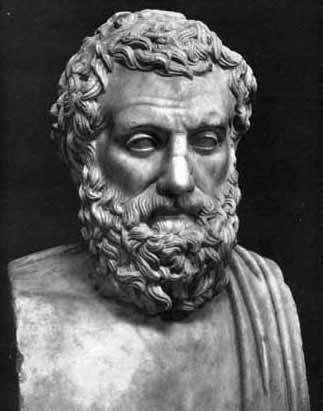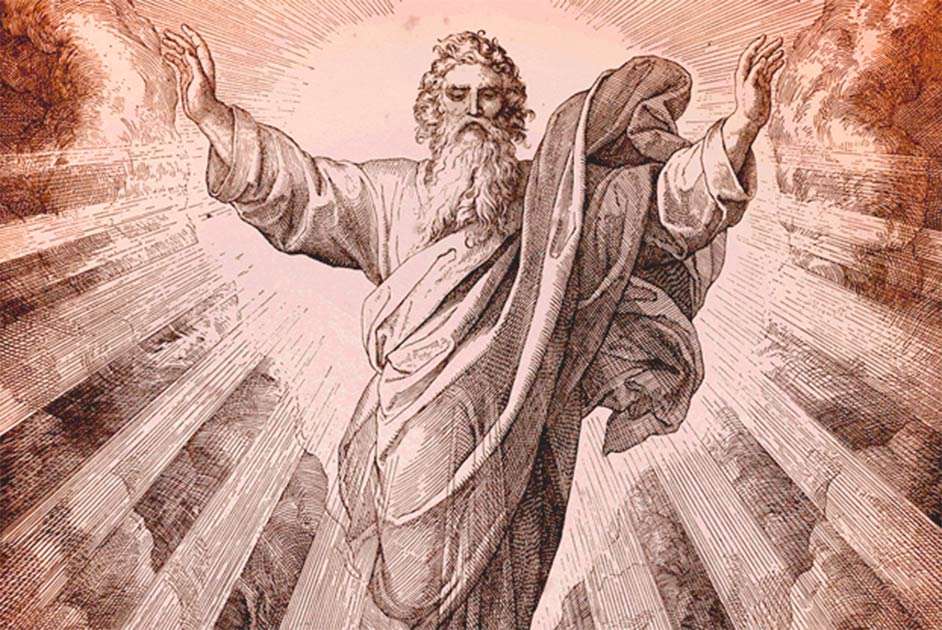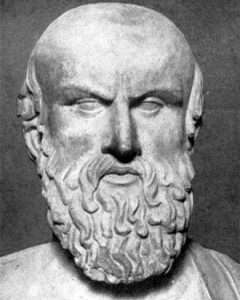The First Actor in the World: The Earliest origins of the play are found in Athens where the ancient hymns, called Dithyrambs, were sung in honor of the god Dionysus. These hymns were later adapted for choral processions, in which participants would dress and wear masks. Eventually, Some members of the chorus evolved to play special roles within the procession, but they were not yet actors the way we would understand it.

It is believed that Thespis invented acting in the Western world, and prior to her performance, no one believed him to be similar to another person for the purpose of storytelling. In fact, the Thespis is the first known actor in written plays. Thus he would have been instrumental in changing the stories and inventing the theatre as we know it today. In reverence for Thespis, actors in the English-speaking part of the world are referred to as Thespians.
The First Actor in the World
According to Some Ancient Greek sources, and especially Aristotle, Thespis of Icaria was the first person to ever appear on stage as an actor playing the role of a character in a play.
This development came in the 6th century BC, when dictator Pisistratus, who ruled the city at the time, established a series of new public festivals. One of these, ‘City Dionysia’, is a festival of entertainment organized in honor of Lord Dionysus, which includes music, singing, dancing and poetry contests. And the most special of all the winners was that there was a wandering bard named Thesis.
According to tradition, in 534 or 535 BC, Thespis amazed the audience by leaping behind a wooden cart and reading poetry as if it were the characters whose lines they were reading. In doing so, he became the first actor in the world, and it is from him that we consider the world the best.

The first plays were performed with just one actor (called a protagonist) and a chorus of people, who helped him tell the story. However, playwrights continued to innovate during the 5th century BC.
This development came in the 6th century BC, when dictator Pisistratus, who ruled the city at the time, established a series of new public festivals. One of these, ‘City Dionysia‘, is a festival of entertainment organized in honor of Lord Dionysus, which includes music, singing, dancing and poetry contests. And the most special of all the winners was that there was a wandering bard named Thesis. According to tradition, in 534 or 535 BC, Thespis amazed the audience by leaping behind a wooden cart and reading poetry as if it were the characters whose lines they were reading. In doing so, he became the first actor in the world, and it is from him that we consider the world the best.
Playwright Aeschylus added a second speaking role, called the Antagonist, and reduced the chorus from 50 to 12. His play ‘The Persians’, first performed in 472 BC, is the oldest surviving of all Greek plays.
His disciple, Sophocles, added a third actor, while Euripides added a prologue, introducing the theme of the play, and deus ex machina, a divine figure that wraps any loose ends.
Wealthy citizens would sponsor plays by paying tax called choregia. And like Pisistratus, the tyrannies who founded ‘City Dionysia’ to increase their popularity, many of these wealthy patrons hope that the success of the play they sponsored will give them a way into politics.
The first plays were performed in the theatre of Dionysus, built in the shadow of the Acropolis in Athens in the early 5th century, but the theatres proved so popular that they soon spread throughout Greece.

Plays were classified According to three different types or genres
Comedy, Tragedy, and Satire drama.
The Ancient Greeks took their Entertainment very seriously and used drama as a way to examine the world in which they lived, and what it meant to be human.
The three genres of play were humor, satirical drama and most importantly, tragedy.
Comedy: The first comedies were mainly satirical and funny people who were in power for their arrogance and stupidity. Aristotle was the first master playwright of comedy. Much later, Menander wrote comedy about the common people and made his plays like sit-coms.
Tragedy: Tragedy dealt with the larger themes of love, loss, pride, abuse of power, and the dreadful relationships between men and gods. Usually the main protagonist of a tragedy commits some terrible crime without knowing how silly and arrogant he is. Then, as he slowly realizes his mistake, the world breaks down around him. The three greatest playwrights of the tragedy were Aeschylus, Sophocles, and Euripides.
Aristotle argued that tragedy cleansed the heart through mercy and terror, making us aware of our petty concerns and concerns that grief can be great. He called this experience ‘Catharsis‘.
Satire Drama: These short plays were performed amid acts of tragedies and mocked the plight of the characters of the tragedy. The satire was mythological half-human, half-goat figures and the actors in these plays wore large phallus for comic effect. Few examples of these plays remain. They are classified by some authors as tragicomic, or comedy dramas.
READ MORE: What Is An Art In Simple Words?



